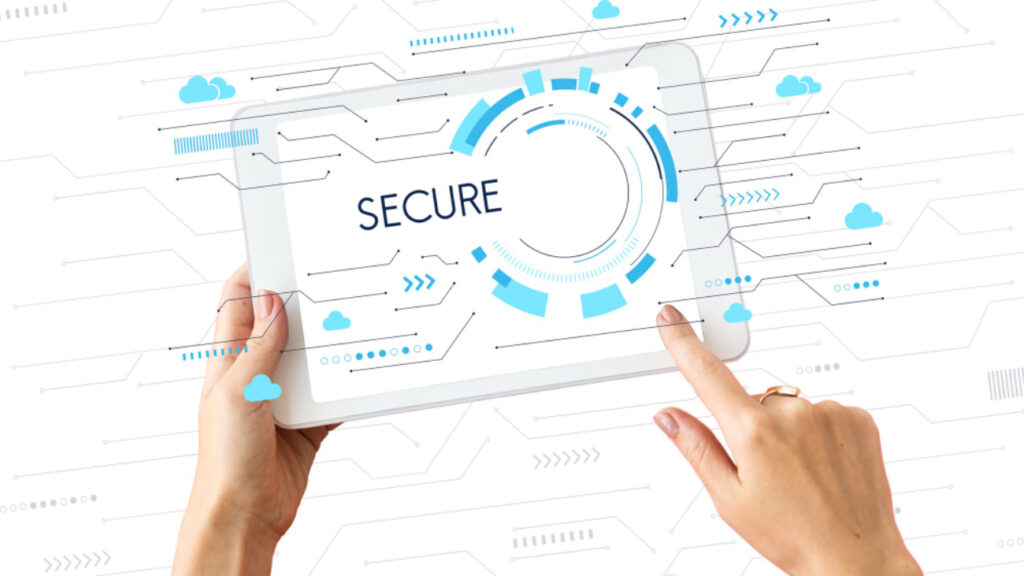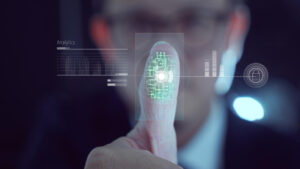In healthcare, protecting patient information is not merely a priority- it’s a responsibility stated Bahaa Abdul Hadi. As technology advances, so do the methods to ensure data security. One such method gaining traction is Multifactor Authentication. In this blog, we’ll delve into why MFA is becoming increasingly important in healthcare settings and how it contributes to maintaining patient privacy.
Understanding Multifactor Authentication (MFA)
Multi-Factor Authentication is a security measure that goes beyond traditional password protection. Instead of entering a password, users must provide additional pieces of information, like a code sent to their phone or a fingerprint scan. This adds an extra layer of security, especially crucial in healthcare where sensitive patient data is involved. MFA ensures that only authorized individuals can access confidential information, reducing the risk of unauthorized access and data breaches.
Challenges in Healthcare Data Security
The healthcare sector faces numerous challenges when it comes to safeguarding patient data. Cyber threats are evolving, making it difficult to stay ahead of potential breaches. Plus, regulations such as the Health Insurance Portability and Accountability Act impose strict requirements on data security and privacy. Any breach not only compromises patient confidentiality but also exposes healthcare providers to legal consequences and damages to their reputations.
Implementing MFA in Healthcare
Integrating MFA into healthcare systems requires careful planning and execution. Healthcare organizations need to assess their existing infrastructure and identify where MFA can be implemented effectively. This may involve updating software, training staff on new authentication procedures, and ensuring seamless integration with existing workflows. While the initial setup may require time and resources, the long-term benefits of enhanced security and compliance outweigh the initial investment.
Benefits of MFA in Healthcare
The adoption of MFA offers several advantages for healthcare providers and patients alike. First, it significantly reduces the risk of unauthorized access to patient data. With multiple layers of authentication, it becomes much harder for malicious actors to gain entry into systems. This not only protects patient privacy but also helps maintain the trust between healthcare providers and their patients. Additionally, MFA ensures compliance with regulatory standards like HIPAA, demonstrating a commitment to data security and patient confidentiality.
Conclusion
In conclusion, Multifactor Authentication is a valuable tool in the ongoing effort to safeguard patient privacy in healthcare. By adding extra layers of security, it helps mitigate the risks of data breaches and unauthorized access to sensitive information. As technology continues to evolve, so too will the methods to protect patient data. Embracing MFA not only enhances security but also reinforces the trust between healthcare providers and the patients they serve. The article is written by Bahaa Abdul Hadi and has been published by the editorial board of Identity Herald. For more information, please visit www.identityherald.com.




